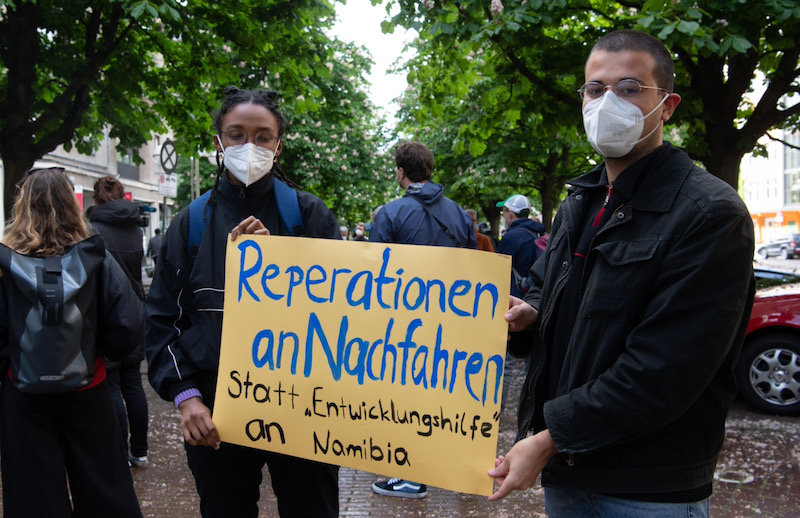A senior bishop has called for an end to “tragic and needless” at-home abortions.
Bishop John Sherrington, an auxiliary in Westminster, condemned the pandemic-era policy of allowing abortion drugs to be taken at home, and urged the government not to make it permanent.
The bishop said: “Last year, the Catholic Church responded to the Department of Health and Social Care’s open consultation on whether the temporary policy to permit ‘at-home’ abortions should become permanent.
“We continue to oppose any proposed change to make permanent legislation which has proven to be dangerous and fatal for pregnant women, and which has resulted in the tragic and needless loss of thousands of unborn lives.
“I have become more aware of the risks such legislation presents, with 600 medical professionals writing a letter in opposition to it and the early day motion tabled by Carla Lockhart MP.
“Both have illustrated the many complications that have arisen because of this temporary legislation, for example, severe complications, medical emergencies, abortions beyond the legal limit, risks of coercion and lack of safeguards for women in abusive relationships. We strongly encourage all Catholics to make their voice heard on this and contact their MP by letter, email or making use of this simple tool from Right to Life.”
The policy of allowing at-home abortions was brought in, according to the Department for Health and Social Care, “to limit the transmission of coronavirus (COVID-19) and ensure continued access to early medical abortion services”.
Although it is hard to say whether at-home abortions, or threat of the pandemic and its social and economic consequences were to blame, the abortion rate increased over lockdown, with, for example, Public Health Scotland reporting the highest rate of abortion since 2008.
The changes to the abortion law remove the need for women to get an in-person assessment at a clinic before having an abortion if they seek a termination before 10 weeks of gestation.
However undercover investigations revealed that under the new rules it was easy to circumvent the ten-week limit, and that abortion providers were effectively breaking the law by sending abortion pills to women they were not legally allowed to prescribe them to.
Eight volunteers tested the system for providing DIY abortions, and discovered that they were easily able to procure the pills despite giving false names, false birthdays and false gestation dates.
In one case, the pills were provided even though a gestation date was given that openly and explicitly put the termination beyond the ten-week limit. The investigators describe a rushed process in which every step was taken to hasten the process, with abortion providers hurrying the volunteers through phone calls.
However this is more than just a bungled pandemic policy, and there is now an attempt to make the emergency law permanent, with the government last year initiating an open consultation on the subject, the findings of which are still being considered.
According to critics of the DIY abortion measures, the risk and problems go beyond the threat to unborn life, and may compromise the principles – women’s health and freedom to control their bodies – generally put forward on behalf of allowing abortion.
According to GP Gregory Gardner, who appeared as an expert witness in a legal challenge against DIY abortions, it will be difficult if not impossible to verify by phone or video whether a woman is undergoing any kind of duress to have an abortion.
“There does not seem to have been any consideration given to this in the proposed change in policy. There will be women who need delicate counselling to discover coercion or other forms of abuse,” he said.
Aside from questions about whether at home abortions are really voluntary, the risks involved in taking abortion drugs at home without medical supervision can be serious, especially when there is often uncertainty about the real date of gestation.



 Loading ...
Loading ...